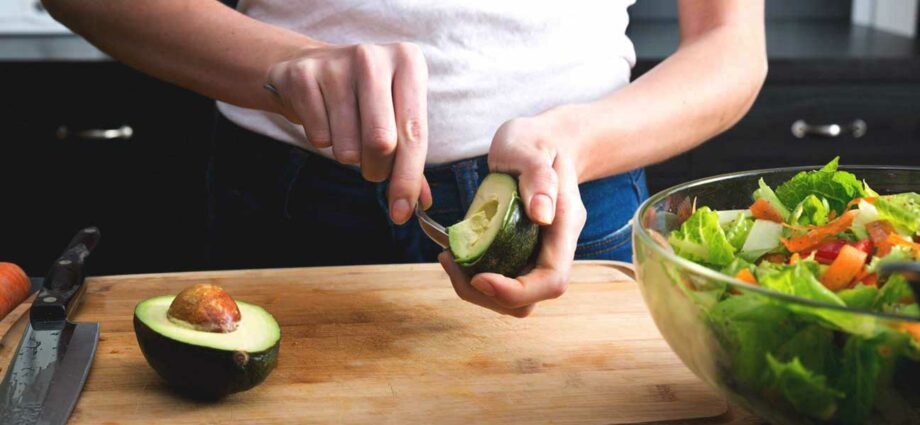Contents
Kolesterolê xwe kêm bikin: şîreta me
You should know that there are several types of cholesterol, including LDL and HDL. HDL cholesterol, described as “good” cholesterol, allows excess fat to be drained and transported to other organs such as the liver where it will be eliminated naturally.
LDL cholesterol is a lipoprotein, responsible for transporting lipids through the blood. In excess it can be the cause of cardiovascular disease and health professionals then identify it as “bad” cholesterol. So how do you lower your LDL cholesterol levels?
Focus on statins
Statins are a family of molecules that lower blood cholesterol levels. To function, our body needs daily fats or lipids, but some organisms ingest too much of it, which causes the formation of cholesterol. Statins produced in the laboratory and ingested in the form of drugs allow the body to fight against this excess.
The overproduction of bad cholesterol causes in the person a bad functioning of the heart, the liver, the vascular system. The WHO recommendations provide for a diversified diet low in bad fats, called saturated fats, to allow the arteries to transport the inputs necessary for the proper functioning of the organs.
Doctors can prescribe statins when they feel their patient cannot control the high cholesterol through a change in diet. Humans synthesize about 800 mg of cholesterol daily, or about 70% of the amount of cholesterol made available to the body. The role of statins is to reduce this synthesis.
Focus on plant sterols
Patients with cardiovascular disease are advised to work with the help of a nutritionist or dietitian to modify their diet. Research and new knowledge on plant sterols now make it possible to choose alternatives that are suited to one’s health, without however giving up gluttony.
The function of sterols is to lower the level of fat in the blood. Plant sterols or phytosterols are naturally present in small amounts in vegetable oils, nuts, seeds, fruits and vegetables. It is for this reason that it is essential to adopt a diet that wants to be as vegetable as possible. To benefit from a sufficient quantity of plant sterols, it is recommended to consume between 1,5 and 2,4g per day, as part of a balanced diet.
Plant sterols or phytosterols, which are found in some margarines, have the function of partially blocking the absorption of cholesterol in the intestine. This helps reduce the amount of cholesterol that enters the bloodstream and lowers the level of (bad) LDL cholesterol.
Statins and plant sterols: the right combination
As part of a healthy and balanced diet, consuming both statins and plant sterols is therefore the right food behavior to take to prevent cardiovascular disease.
Publi-edîtorî The ProActiv brand and its ProActiv Expert range allow you to make small changes in your diet and lifestyle to have a real impact on your cholesterol level! ProActiv is the only margarine in France enriched with plant sterols which significantly reduce cholesterol. Clinically proven by more than 50 studies, they reduce the level of bad LDL cholesterol. Consuming 30g of ProActiv EXPERT® per day allows you to obtain the optimal dose of plant sterols and to reduce your cholesterol by 7 to 10% in just 21 days, as part of a varied and balanced diet. In addition, ProActiv Tartine and ProActiv Tartine & Gourmet with 100% vegetable recipes are free from palm oil and preservatives, and can become the pleasure ally of all consumers wishing to take care of their health. Did you know that 62% of French people have high cholesterol *? To help you reduce your cholesterol, ProActiv has also created a Guide to tips and recipes. This free book is available to all French people who want to reduce their cholesterol level. Tips, practical advice and recipe ideas to follow from day to day, to support you on a daily basis in reducing your cholesterol level. ProActiv is committed alongside the Cardio-Vascular Research FoundationBy funding a “Women’s Hearts” research grant awarded by the Foundation’s scientific council (the objective of which is to develop research work and specific treatments for the heart of women), ProActiv is committed alongside the Foundation. Cardiovascular Research. The “Plant Heart” well-being and nutrition program has two challenges: raising awareness among consumers of the advantages of a more healthy and balanced plant-based diet, and supporting cardiovascular research. * TNS, 2015 |










